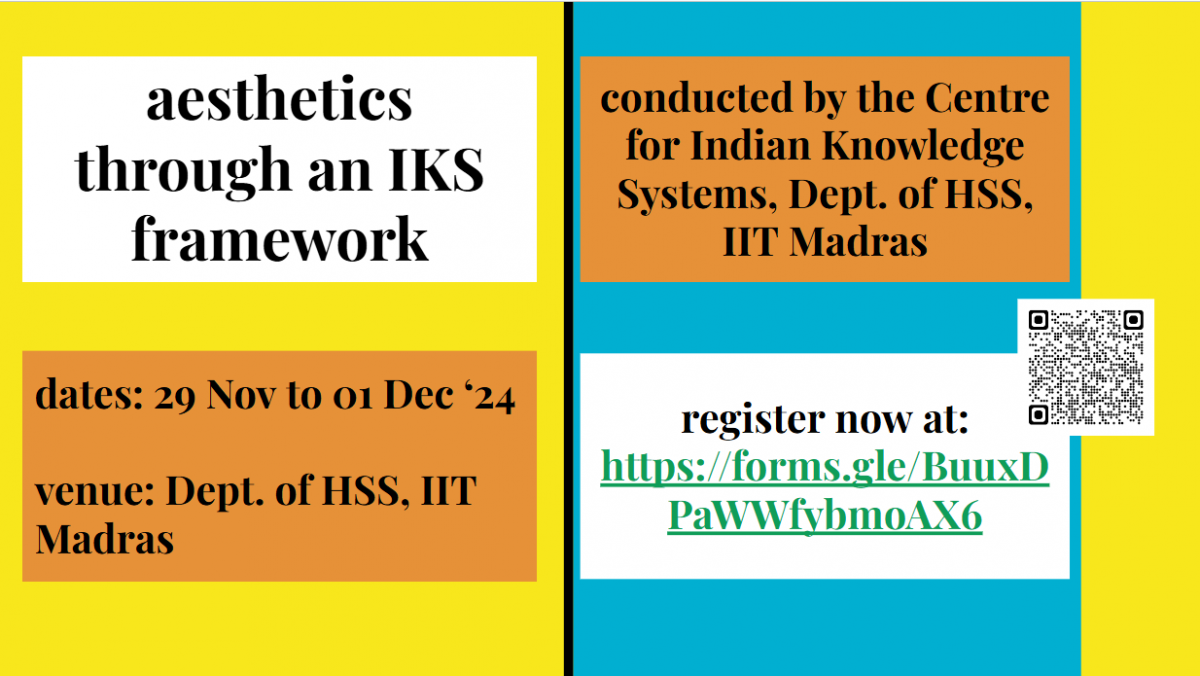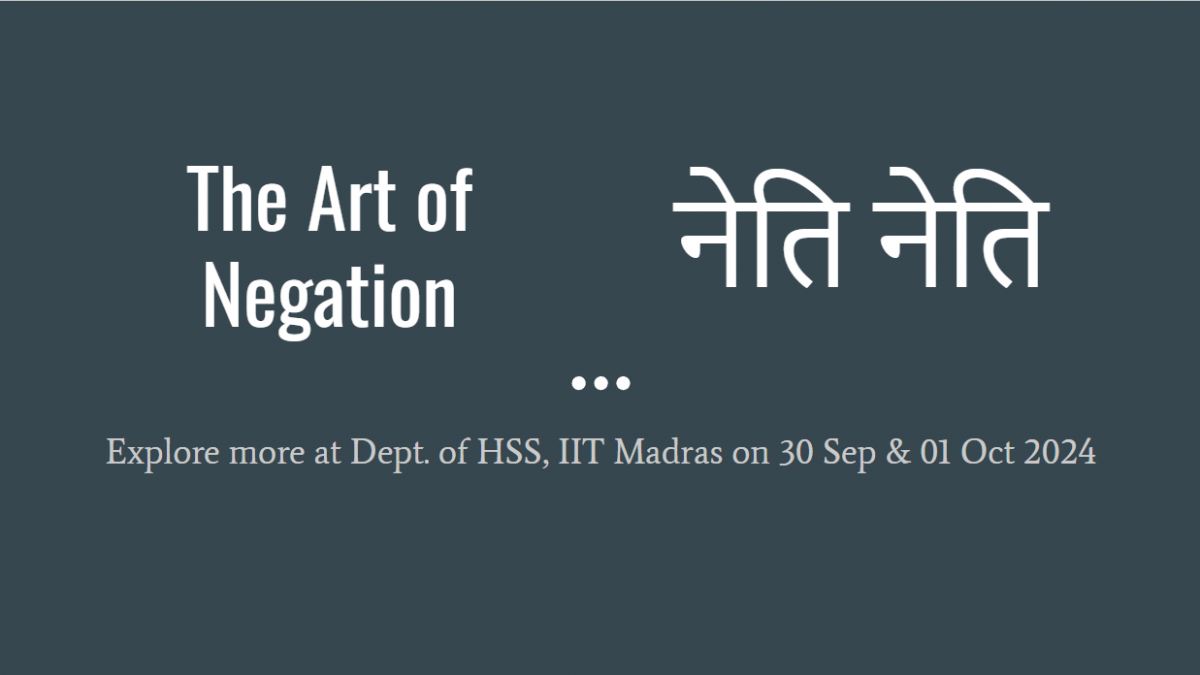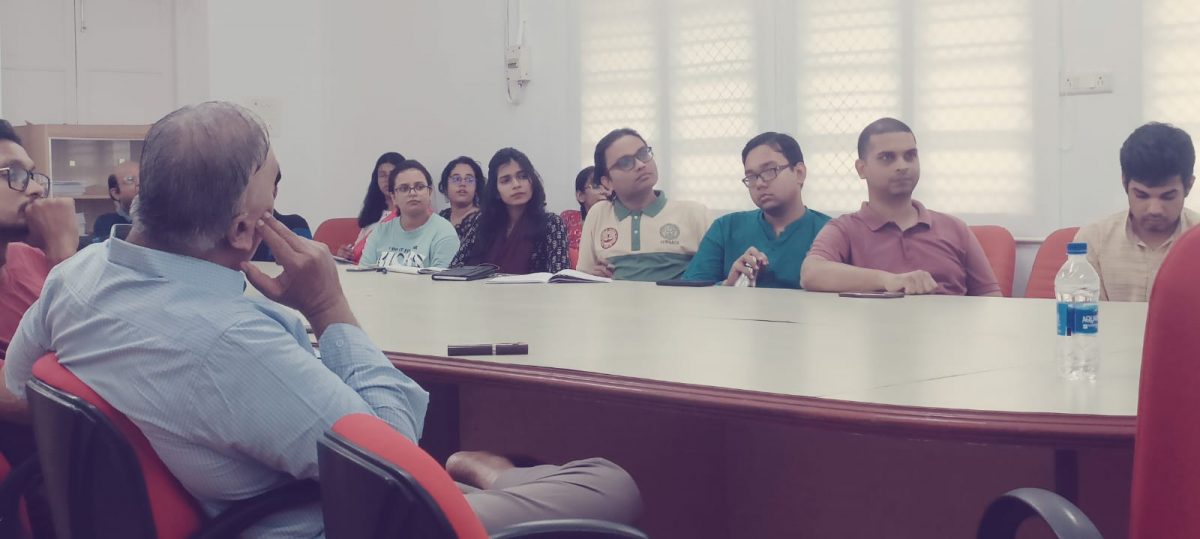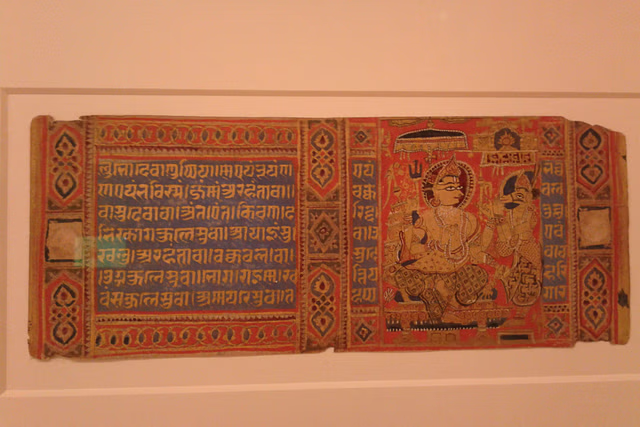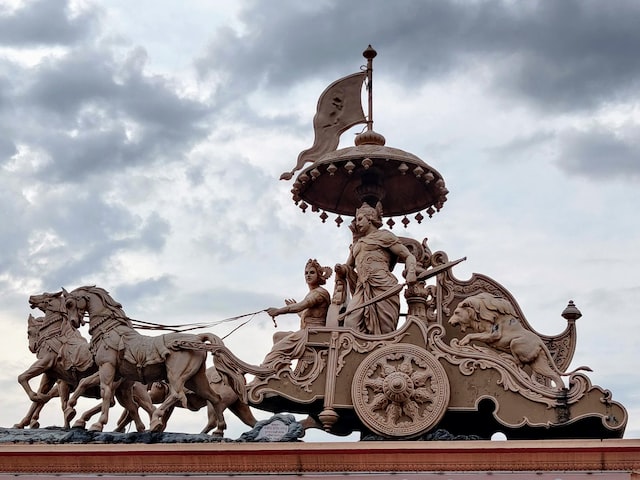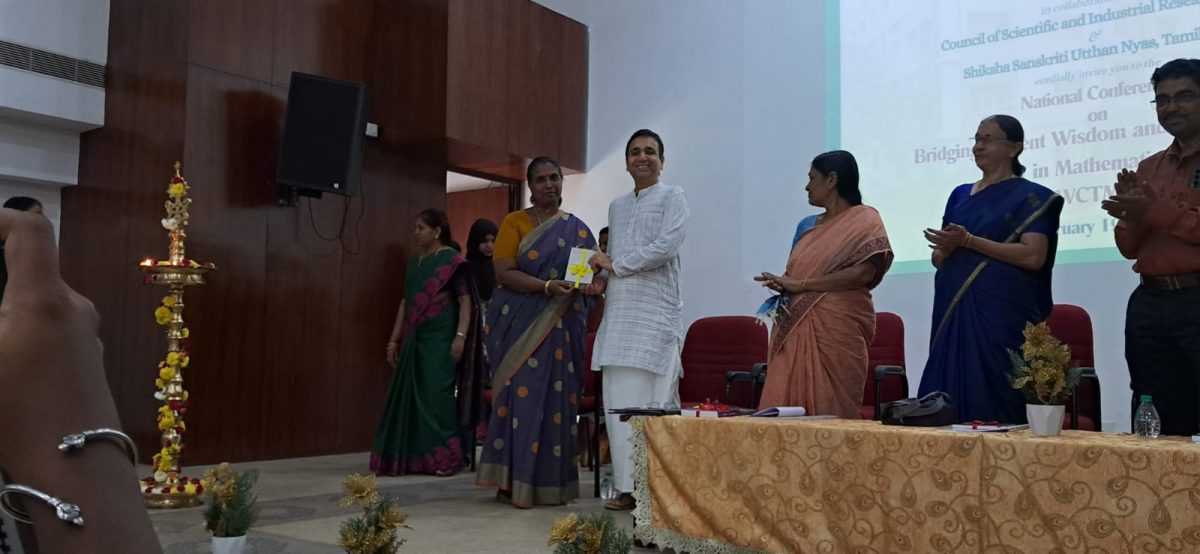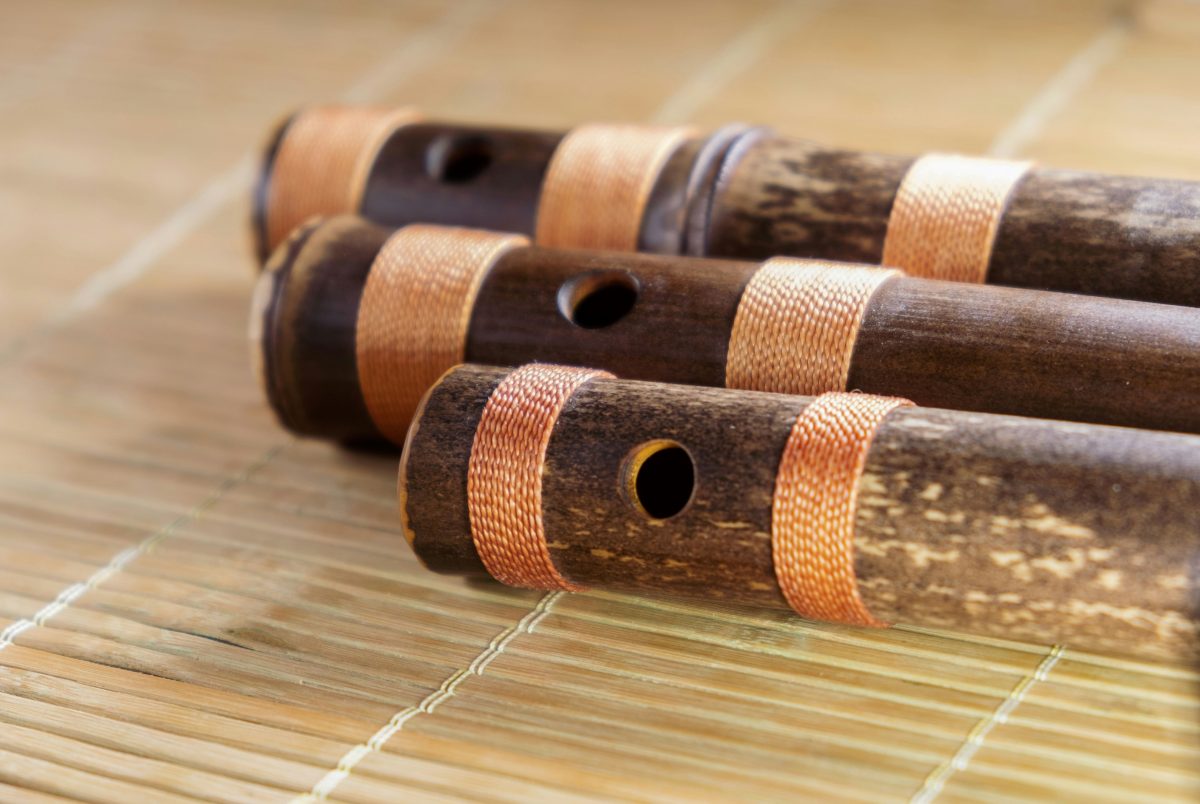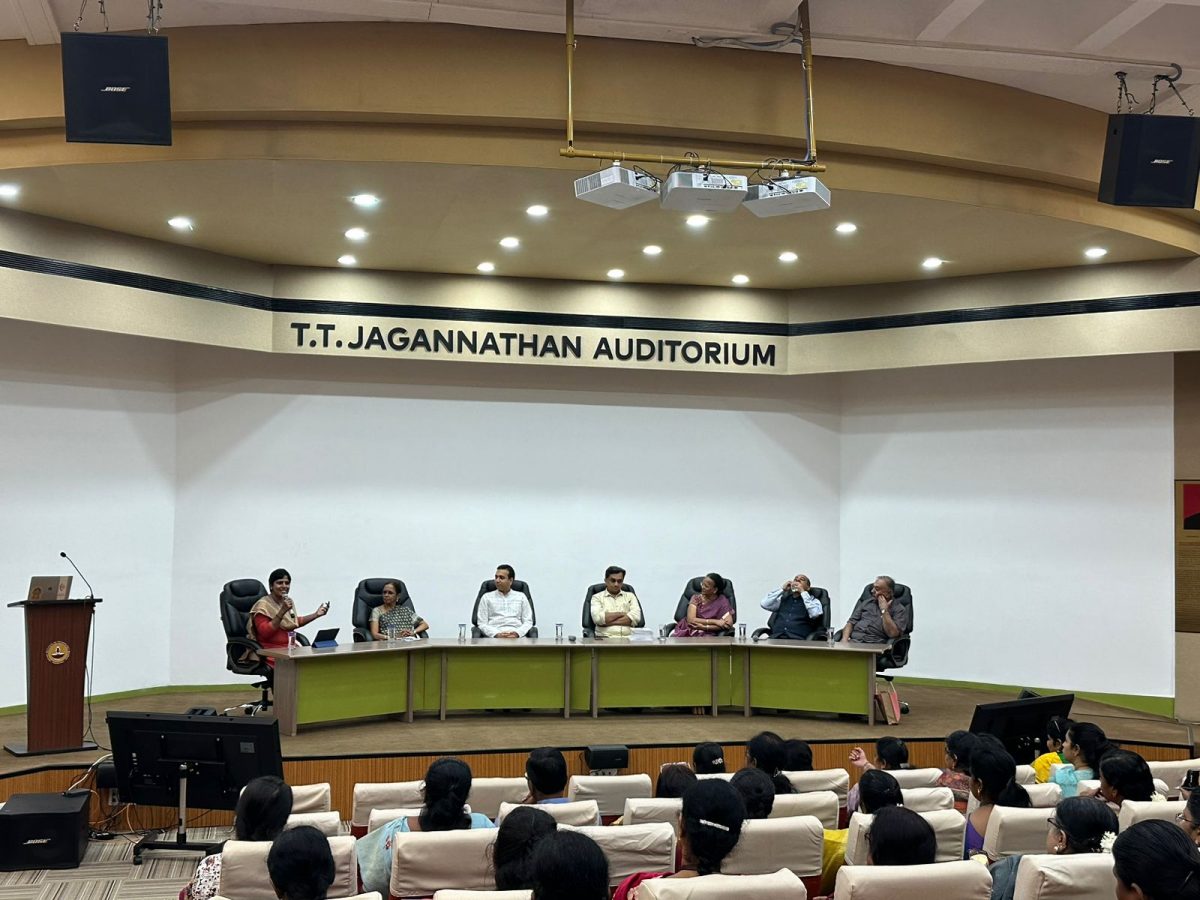Aesthetics through an IKS Framework
Brought to you by Centre for Indian Knowledge Systems, IIT Madras
The event took place from 29 Nov to 01 Dec 2024.
Workshop Schedule
Powered By EmbedPress
Speakers
Powered By EmbedPress
Important Dates
Powered By EmbedPress
Concept Note:
Powered By EmbedPress
Organizing Committee
- Prof. Rajesh Kumar, Head of Department, Humanities and Social Sciences, IIT Madras
- Dr. Aditya Kolachana, Principal Investigator, Centre for Indian Knowledge Systems, IIT Madras
- Prof. Jyotirmaya Tripathy, Department of Humanities and Social Sciences, IIT Madras
- Dr. Deepak Paramashivan, Department of Humanities and Social Sciences, IIT Madras
- Dr. Sreenath VS, Department of Humanities and Social Sciences, IIT Madras
- Mr. Sreeram Gopinath, Associate, Centre for Indian Knowledge Systems, IIT Madras
- Mr. Sidhi Vinayak M, Associate, Centre for Indian Knowledge Systems, IIT Madras

